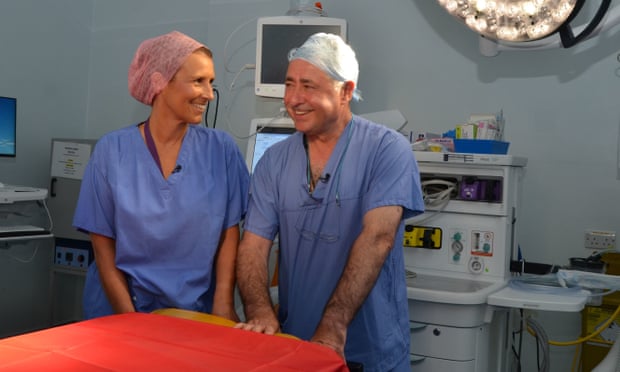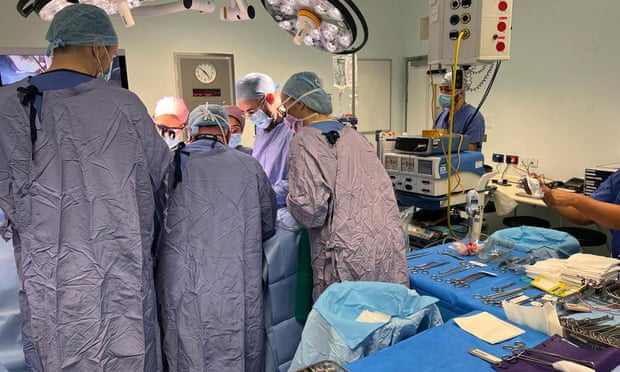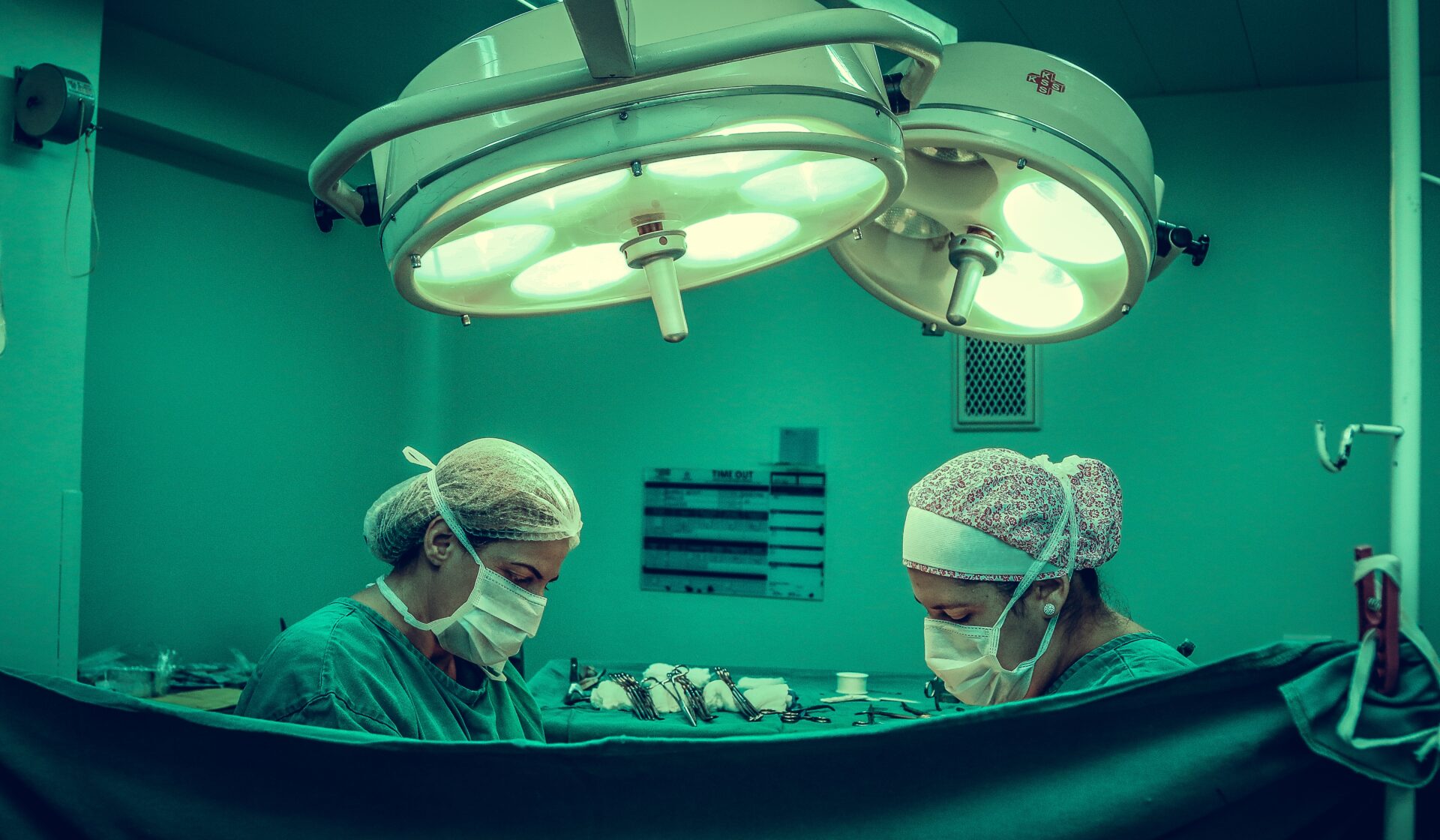Set to make the procedure another option for treating infertility within the next few years, the breakthrough is being hailed as the ‘dawn of a new era’ in reproductive medicine, as well as an incredible advancement in gynaecology.
According to Imperial College London, one in 5,000 British women are born without a functioning uterus. Seeking to offer another option besides existing tools like drugs, IVF, and surrogacy for the treatment of infertility, UK surgeons have just reported the first-ever successful womb transplant.
Being hailed as the ‘dawn of a new era’ in reproductive medicine – as well as an incredible advancement in gynaecology, which is heavily under-researched – the pioneering procedure was performed on a patient with Type 1 Mayer-Rokitansky-Küster-Hauser (MRKH), a rare condition where the uterus is absent of underdeveloped, but has functioning ovaries.
Having received a donor womb from her 40-year-old sister, who already had two children of her own, the recipient (who wishes to remain anonymous) is having periods six months on and is preparing to eventually have her own embryos implanted, already created via IVF with her eggs.
The transplant is expected to last for a maximum of five years before the womb is removed and during this period, the recipient will have to take immunosuppressant drugs to ensure she does not reject the implant.

‘We all have huge respect for these two women who have helped so many others in this country who face the trauma of absolute uterine factor infertility,’ said Professor Richard Smith, Chairman of Womb Transplant UK.
‘Our aim is to see womb transplants become a sustainable option for women suffering with the same condition.’
For now, the plan is to focus on living donations from a relative with up to 30 transplants a year, but many women have come forward to offer their wombs.
To date, more than 90 womb transplants have been carried out internationally, including in Sweden, the US, Saudi Arabia, Turkey, China, Czech Republic, Brazil, Germany, Serbia, and India.

Most of the surgeries have been performed with a living donor, and about 50 babies have been born following these operations.
A second UK womb transplant on another woman is scheduled to take place this autumn, with more patients in the preparation stages.
‘It is estimated that around one in 500 women cannot become pregnant or carry a pregnancy because they do not have a womb, or a womb that is unable to maintain a pregnancy,’ said Dr Ranee Thakar, president of the Royal College of Obstetricians and Gynaecologists.
‘The success of the first UK womb transplant, and the growing number of successful transplants around the world has the potential to offer more women who previously thought that they would not be able to carry a pregnancy the potential to conceive and give birth in the future.’

















